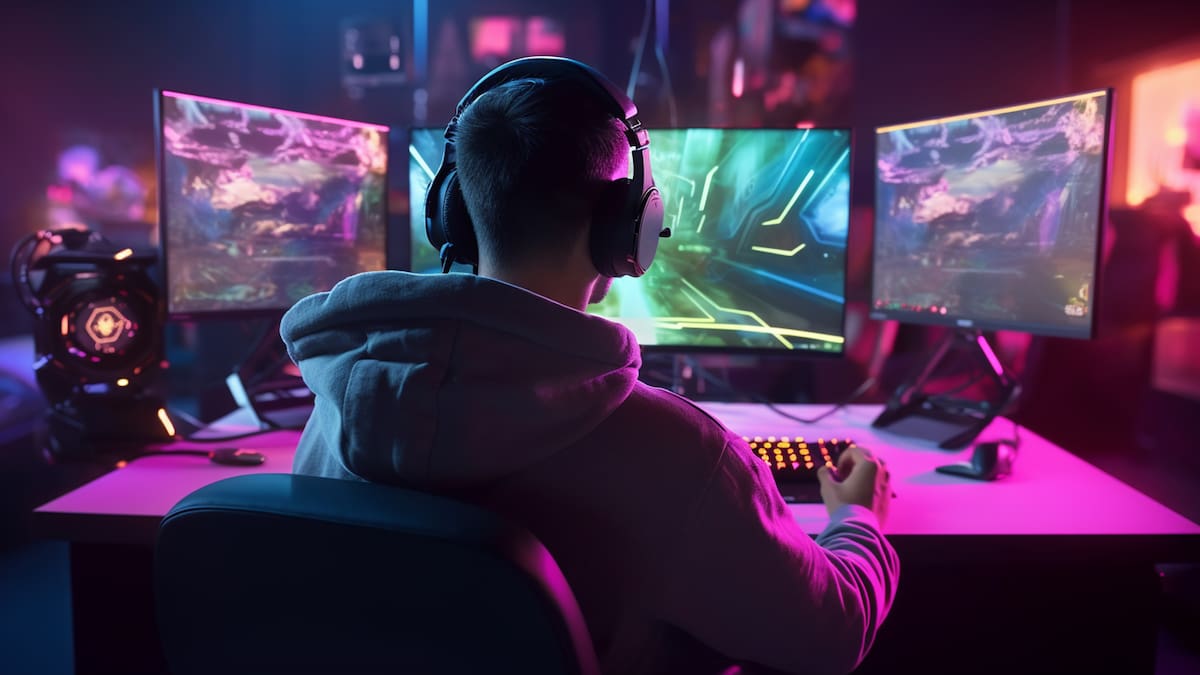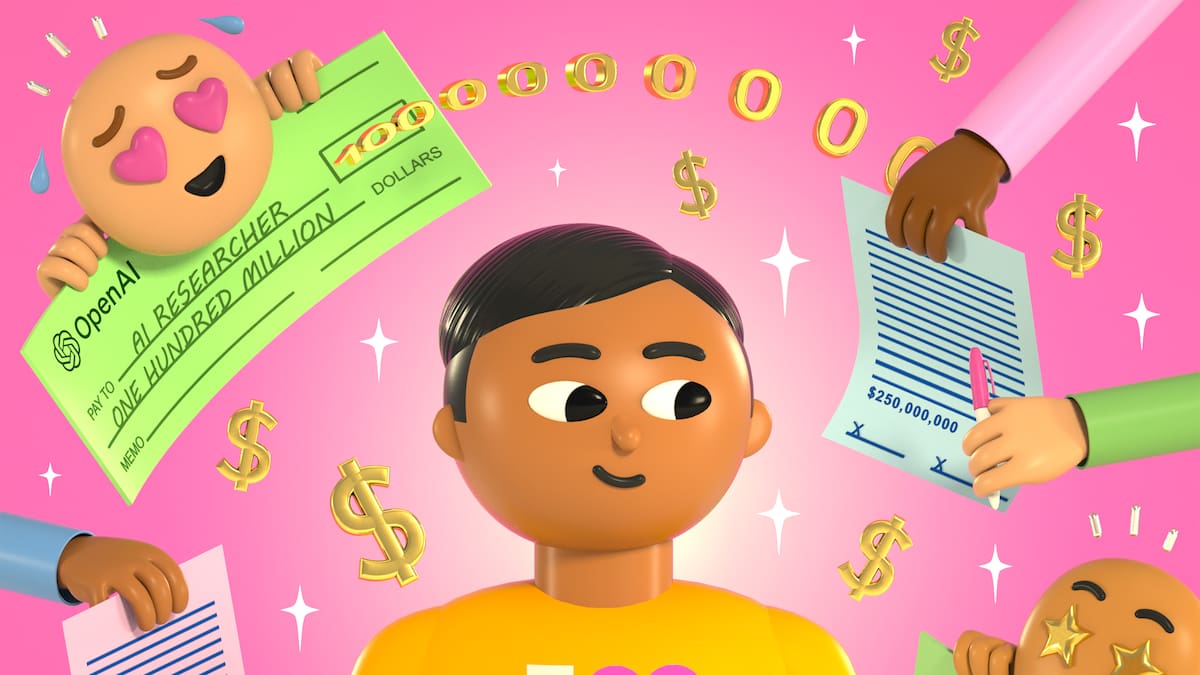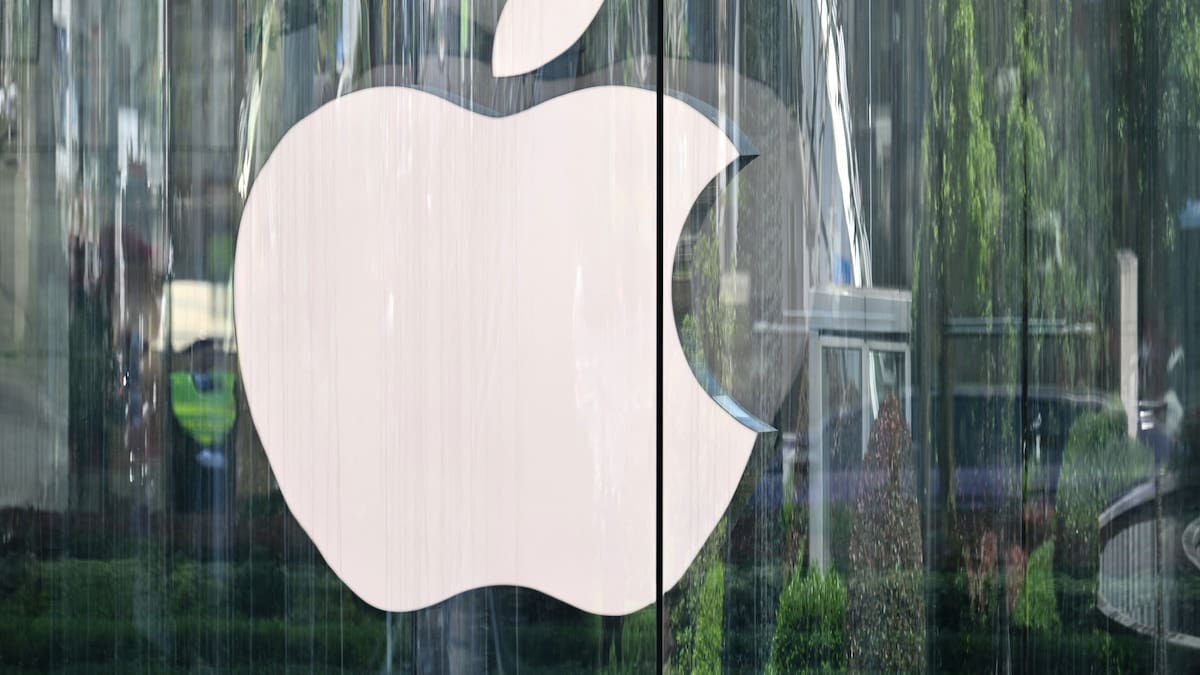Money left on the table
And yet the increased activity has not been enough to take full advantage of the funds on offer.
For the second year in a row, Kiwi video game makers have left a big chunk of cash on the table, failing to take full advantage of a tax rebate scheme – which was initiated by the previous Government after game studios threatened to decamp to Australia, where tax breaks were already on offer.
The four-year, $160m ($40m per year) Game Development Sector Rebate (GDSR) was set up in 2023.
It offers 20c back on every $1 spent on creating a video game, up to a $3m cap per application.
The National-led Government chose to continue the scheme, which is administered by NZ on Air.
Last year was the first round, with NZ on Air announcing rebates totalling $23.3m of the possible $40m. This year, that nudged up to $23.4m of the possible $40m.
It was not a case of NZ on Air rejecting applications. The agency tells the Herald the $23.4m paid out was close to the amount applied for – as was the case last year.
Use it or lose it – NZGDA wants a bump
The scheme is time-limited, with no rollover of funds, and as things stand will wind up after its fourth year. Funds unspent will be lost to the industry.
The Ministry for Business, Innovation and Employment (MBIE) is about to embark on a review of the rebate – always planned for its halfway mark.
The Game Developers Association already has its submission lined up, Keene says, including a solution to take full advantage of the $40m on offer each year: Increase the rebate to 25c in every dollar spent on game development, with the per-company cap raised from $2m to $3m.
The 25c rebate would take the scheme close to Australia, where there is a A30c federal rebate that can hit A45c with state-level incentives.
Tipping point for Splitting Point
Madzen’s Splitting Point – he started his firm as a 19-year-old from the basement of his parents’ Auckland home – specialises in creating games for the US-based Roblox gaming platform. Today, he employs around 20 staff.
“The GDSR still makes a meaningful difference,” he told the Herald.
“As a fully remote company, we often face a tough decision between hiring locally in New Zealand and hiring globally from a more experienced Roblox talent pool.
“The GDSR helps soften that trade-off by making it more viable to invest in training New Zealand-based talent.
“Before receiving the GDSR, only about 5% of our workforce was based in New Zealand, whereas now it’s almost a 50/50 split as a direct result of the GDSR.”
Gaming is a US$300 billion ($499b) industry, he added. Right now, most developers in New Zealand have few options for finding a place of employment and often look overseas to pursue their career.
“As a small nation of five million, New Zealand is already starting to prove itself on the world stage, with a flurry of commercially successful gaming titles in the last few years, many who were GDSR-supported.
“Anything to support the New Zealand game development industry is a huge value add to the economy. I personally would love to see even more Government support, especially with smaller grants for up-and-coming studios.”
Reti had no comment on the NZDA’s suggestion to bump up the rebate, but told the Herald: “It’s encouraging to see the continued growth of the game development sector and it’s great to hear feedback on the positive impact GDSR is having for Kiwi studios in creating jobs and growing revenue. The findings of the upcoming review will help inform the future of the GDSR scheme.”
FY2025 Game Development Sector Rebate recipients
The $22.4m was paid in rebates to the 40 studios listed below. NZ on Air won’t say how much each got, citing commercial sensitivity. It says more detailed figures will be released two years after the payout.
Some of the biggest names in the industry, like Auckland’s Grinding Gear Games (owned by China’s Tencent) and Ninja Kiwi (bought by Sweden’s MTG) are now controlled offshore, but still qualify for the rebate if they keep most of their activity in New Zealand.
- 2Up Games
- A44 Balancing
- Monkey Games
- Beyond Studio
- Big Adventure
- Blind Squirrel Entertainment
- Camshaft Software
- CerebralFix
- Conical
- Deep Field Games
- Digital Confectioners
- Dinosaur Polo Club
- DreamLoft
- Dry Cactus
- Evans Taylor
- Digital Flightless
- Floating Rock Studio
- Futureverse
- Geo AR
- Gfactor
- Grinding Gear Games
- Insight Creative
- 3 Melodics
- Mighty Eyes
- Mytona
- Niantic
- Aotearoa
- Ninja Kiwi
- Outerdawn
- PikPok
- PlaySide Studios
- RiffRaff Games
- RocketWerkz
- Runaway
- SharpMind Games
- Snickerdoodle Games
- Space Rock Games
- Splitting Point
- Staples Productions
- Synty Studios
- Wētā Workshop
Chris Keall is an Auckland-based member of the Herald’s business team. He joined the Herald in 2018 and is the technology editor and a senior business writer.






